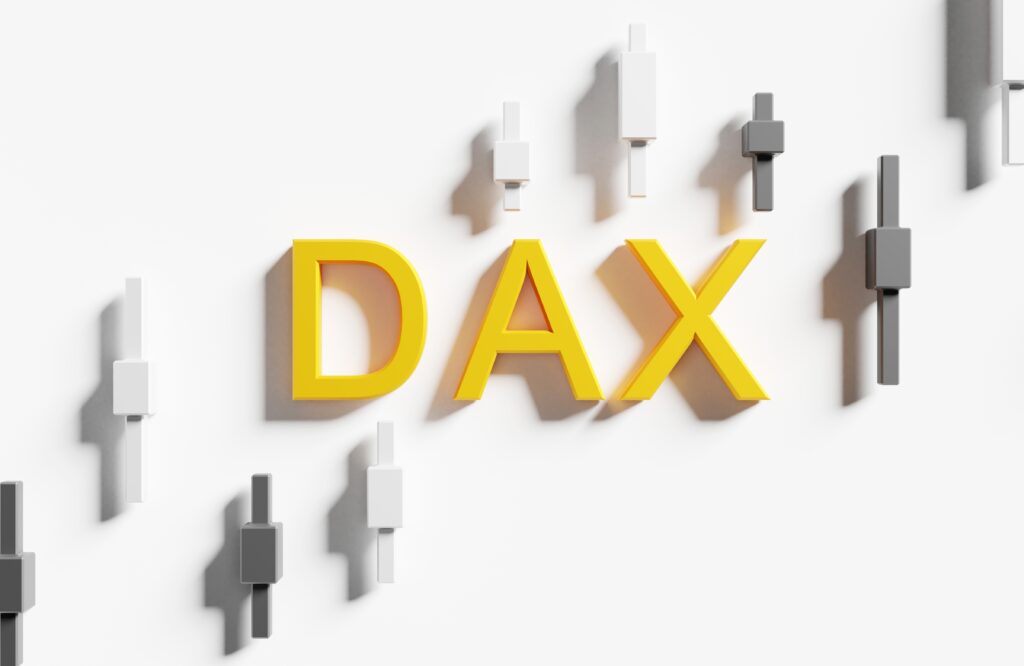Germany’s GfK Consumer Confidence Index improved slightly but remains deeply pessimistic amid inflationary pressures and job security concerns. The January index rose by 1.8 points to -21.3, recovering from December’s -23.1, its lowest reading since May. Although better than market expectations of -22.5, the figure remains far below pre-pandemic levels, reflecting fragile consumer sentiment heading into 2025.
The modest recovery was driven by improvements in income expectations, which rose 4.9 points to 1.4 in December, and a slight uptick in the willingness to buy, which gained 0.6 points to -5.4. However, spending caution persisted, with Rolf Bürkl of the Nürnberg Institute for Market Decisions warning, “A sustained recovery in consumer sentiment is not yet in sight due to high food and energy prices.”
Economic expectations for January showed limited improvement, rising to 0.3 from December’s -3.6. Research institutions, including the ifo Institute, project stagnant growth for 2025 after a slight contraction in 2024.
DAX and European Markets Slide Amid Fed Warnings
The DAX fell 0.9% to around 20,000 points, marking its fifth consecutive session of losses. Infineon AG led declines with a 3.5% drop, followed by Vonovia AG (-2.4%) and Continental AG (-2%). MTU Aero Engines AG and Rheinmetall AG outperformed, each gaining 0.8%.
European markets mirrored the DAX’s performance, pressured by hawkish signals from the U.S. Federal Reserve. The Euro STOXX 50 lost 1.1%, while France’s CAC 40 fell 1.2%, Italy’s FTSE MIB declined 1.3%, and Spain’s IBEX 35 dropped 1.6%. ASML Holding tumbled 3.9%, making it one of Europe’s worst performers, alongside Banco Santander (-2.9%) and Vivendi (-2.7%).
Fed Signals Slower Rate Cuts, Stoking Concerns
The Federal Reserve’s widely expected 25-basis-point rate cut came with a warning of slower monetary easing in 2025. The Fed raised inflation expectations for 2025 to 2.5% from 2.1% and signalled only two rate cuts next year, down from four projected in September.
Fed Chair Jerome Powell described this as a “new phase” of monetary policy, with rates nearing neutral territory. Rogier Quaedvlieg, economist at ABN Amro, said, “A pause in January seems almost certain, but beyond that, uncertainty remains high.”
Chris Turner of ING Group noted, “Sticky inflation and Trump’s policy mix will raise the bar for further cuts in 2025.” The Fed’s cautious tone has reignited fears over restrictive monetary policy, driving risk aversion among investors. European equities face additional pressures from sluggish growth and potential Trump-related tariff hikes, amplifying market concerns.
